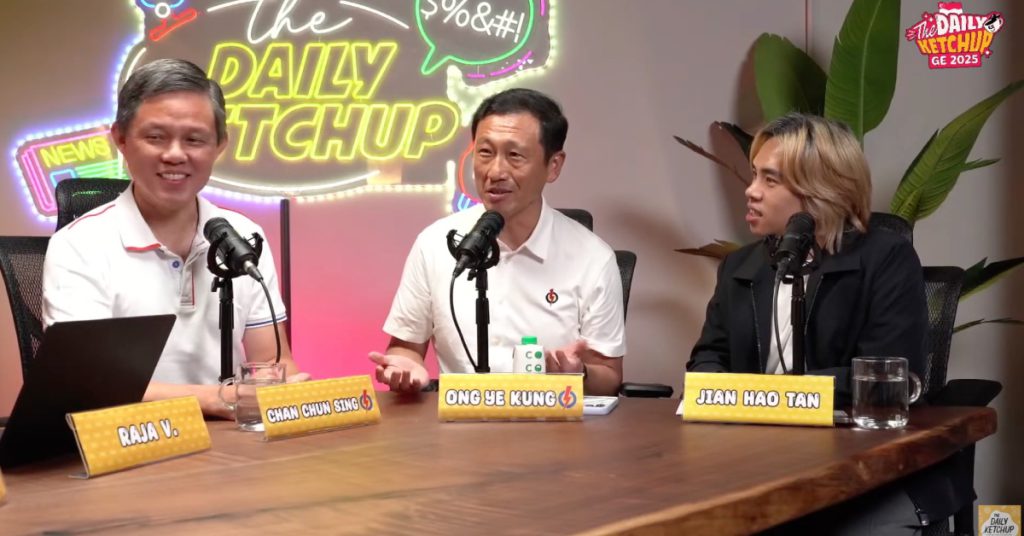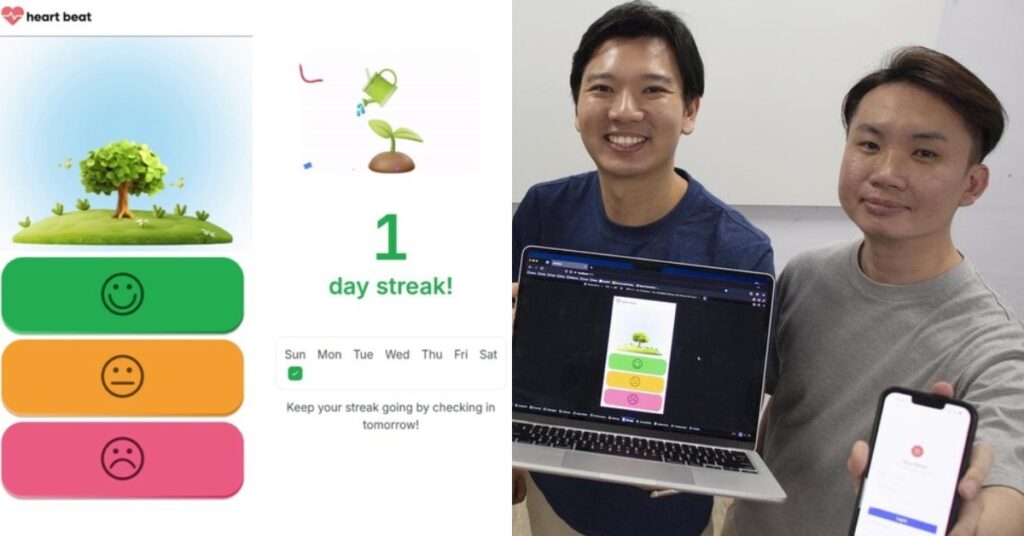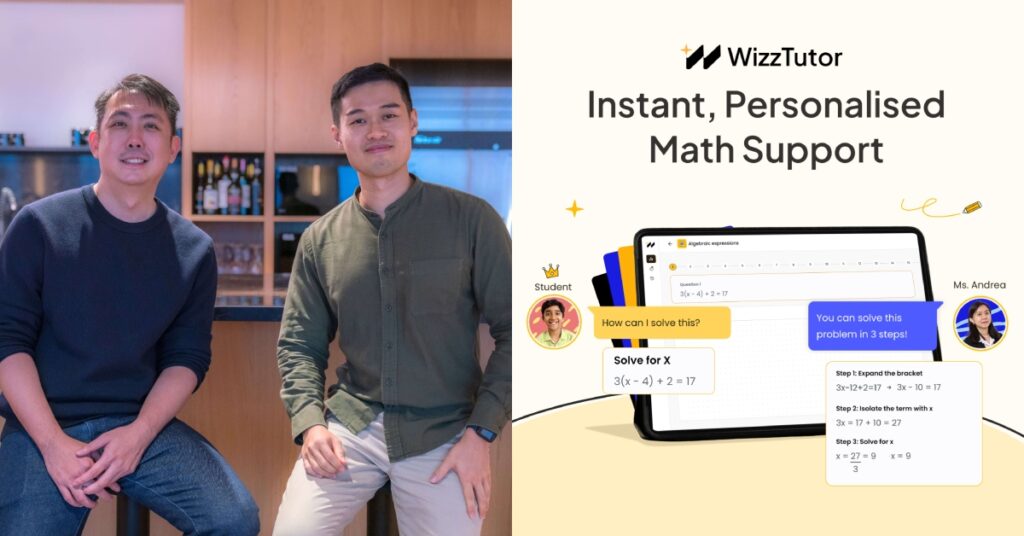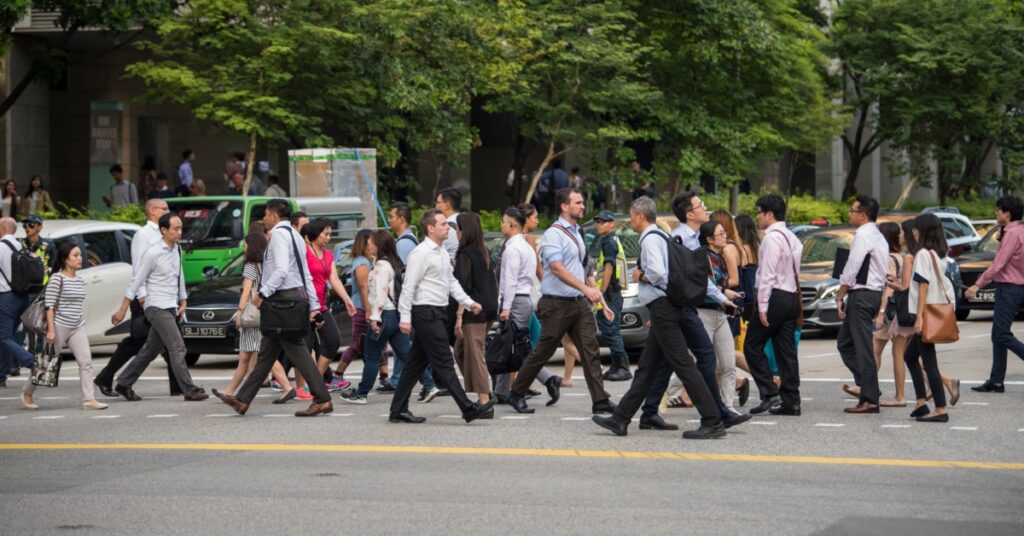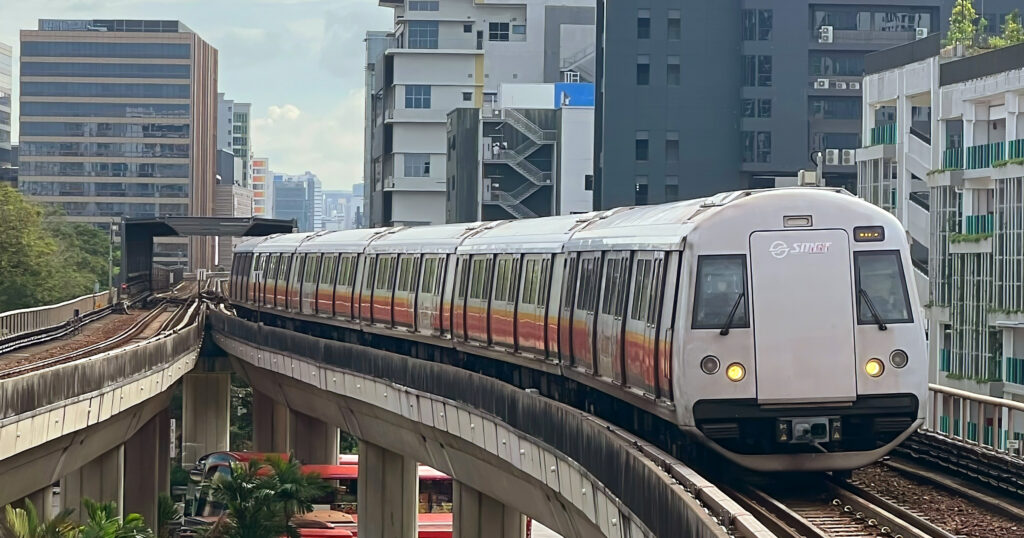Singaporeans will head to the polls this Saturday, May 3, in what may be the most unpredictable General Election in the nation’s history.
The ruling People’s Action Party (PAP), which has governed Singapore since independence, is facing a more competitive political landscape than ever before, with the opposition parties making steady gains in the last few elections.
In a livestreamed interview with The Daily Ketchup yesterday (April 30), PAP ministers Chan Chun Sing and Ong Ye Kung shared candid thoughts about the role of opposition in Parliament, and whether a more diverse political representation may be part of Singapore’s future.
Striking an “equilibrium”
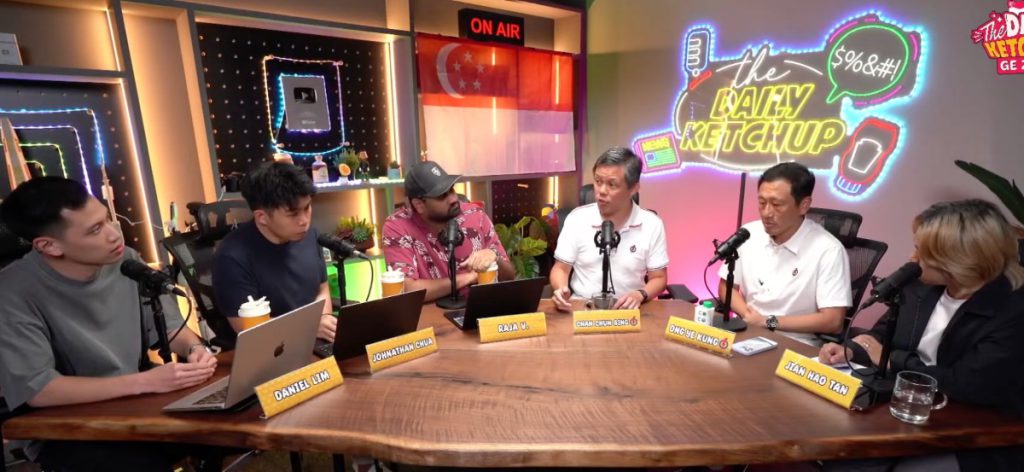
Reflecting on the past five years with the increased number of elected opposition members in Parliament, Minister Ong acknowledged that the presence of opposition voices has influenced how policies are developed and debated.
“The fact that there is contestability—someone is there to voice out to say, ‘No, I disagree, I speak for a certain segment’—[makes you] a lot more careful. You take in a lot more views”
When putting up a statement, a motion, or a bill, the PAP also considers how opposition members might respond to legislative proposals. “You’ll be thinking, ‘What will the opposition say? What would be their perspective?’ And you try to take that in.”
But that’s not to say internal scrutiny within the PAP isn’t also robust. According to Minister Chan Chun Sing, backbenchers are also expected to challenge and debate with the front bench when necessary.
“When anyone puts up a policy proposal—whether it is [from] the PAP backbenches or the opposition—the frontbench has the responsibility to look at it very hard, very critically, and ask ourselves, ‘Does it work or not?'”
If there are good ideas from the opposition or [PAP’s] backbench, we will acknowledge it… because nobody has a monopoly on good ideas. All we want [are] good ideas for the country.
Minister Chan Chun Sing
That said, Minister Ong believes the ideal political model for Singapore lies in striking “an equilibrium”—where you have a strong ruling party that can be fast and decisive, but also a loyal opposition that provides checks and balances.
He noted that over the last parliamentary term, the opposition has not shied away from pushing back— sometimes even “quite fiercely”—on key issues.
“When they push back, sometimes there’s public resonance. So you know it cannot fly, even if you have the numbers,” he said.
At the same time, he also acknowledged the opposition’s conduct during moments of national crisis. “When it comes to a crisis, they never obstruct… they even speak up, which I appreciate.”
A “co-driver” to the government
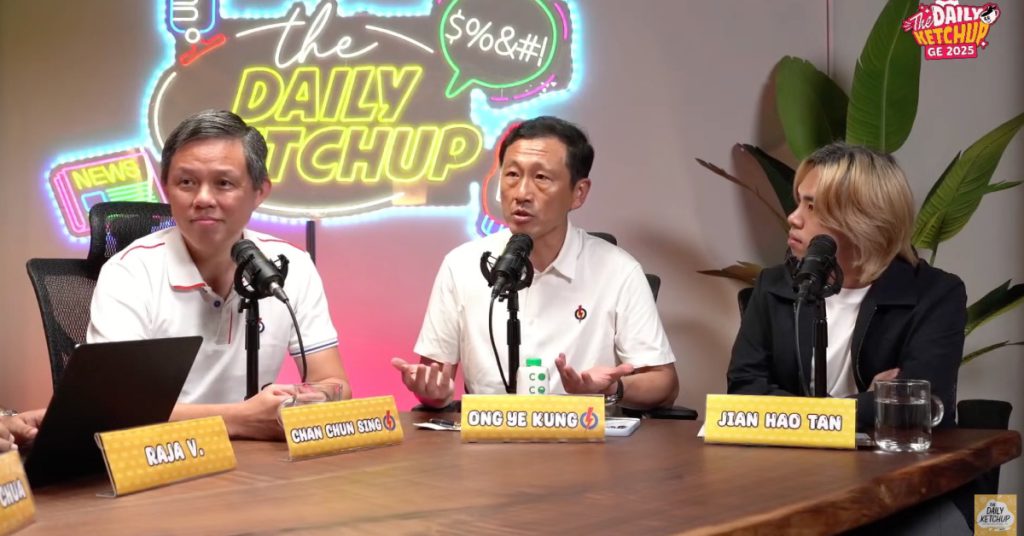
But what is the right balance between strong governance and effective opposition to strike that equilibrium?
Minister Ong recalled a quote from the Workers’ Party that has resonated over the years. In 2011, then-WP chief Low Thia Khiang described the party as a “co-driver”—one that would serve as a check on the government in case “the driver drives off course or falls asleep.”
“I would say Singaporeans agree with that,” he said. “And it’s very hard to argue against it”
However, Minister Ong cautioned that if the opposition expands further, the role of the “co-driver” could shift.
“The co-driver [could also], let’s say, take on the role of a backseat driver and start giving you instructions,” he explained. “The driver can still take in all these inputs, [he’ll] still have his GPS, and [he’ll] still be in charge.”
But there will come a point when the co-driver goes beyond that—when he has “one hand on the steering wheel” and says, ‘I also want to drive.’
At that point, Minister Ong said that things could become “dangerous.” “You can crash, and then the co-driver will say, ‘Oh actually, I’m not the driver. If it crashes, it’s [PAP’s] responsibility.’”
If Singapore were to reach this point, he further added that the city-state would become uncoordinated. “Singapore would not only be small… but also indecisive [and] slow.”
This concern is echoed by Prime Minister Lawrence Wong, who has also cautioned in recent rallies that losing key PAP ministers to the opposition could weaken the government’s effectiveness.
Minister Chan Chun Sing also weighed in on the Workers’ Party stance, which clarified that it does not aim to form the government in this election—a position he described as “not very correct nor responsible.”
“When you go into a political contest and you say that these are your plans, you must really be prepared to make it happen,” he said, adding that such accountability is especially important at this stage of Singapore’s political development.
Nevertheless, Minister Chan emphasised that the government’s “first responsibility” is to Singaporeans. “It’s about whether we can build a system that can help our fellow Singaporeans.”
Every time there is a parliamentary debate, people raise various points, and it will help us sharpen various things. And this comes from the PAP backbenches as much as it can come from the opposition.
But what I really hope to see in Parliament is that we keep moving things forward so that we are in service of Singapore and Singaporeans.
Minister Chan Chun Sing
-//-
In the live stream, Minister Chan and Minister Ong also spoke about the GST increases, the impacts of the US tariffs, and what it means to be a political leader, among other topics. You can watch the full video here:
Check out our GE2025 microsite for the latest election-related news, find out which constituency you belong to, and who’s running where on the election battleground here.
Featured Image Credit: Screengrab from The Daily Ketchup


